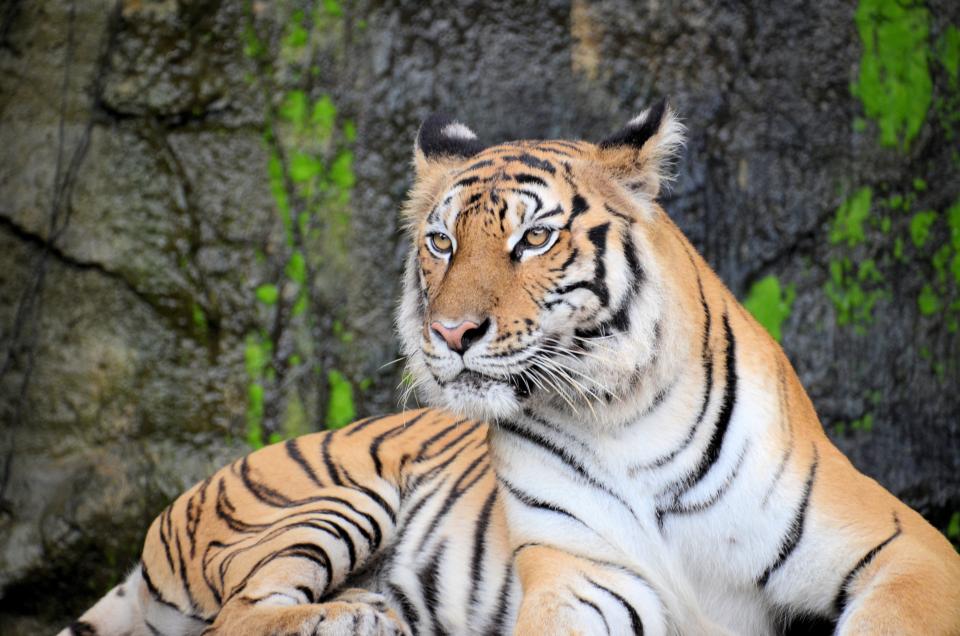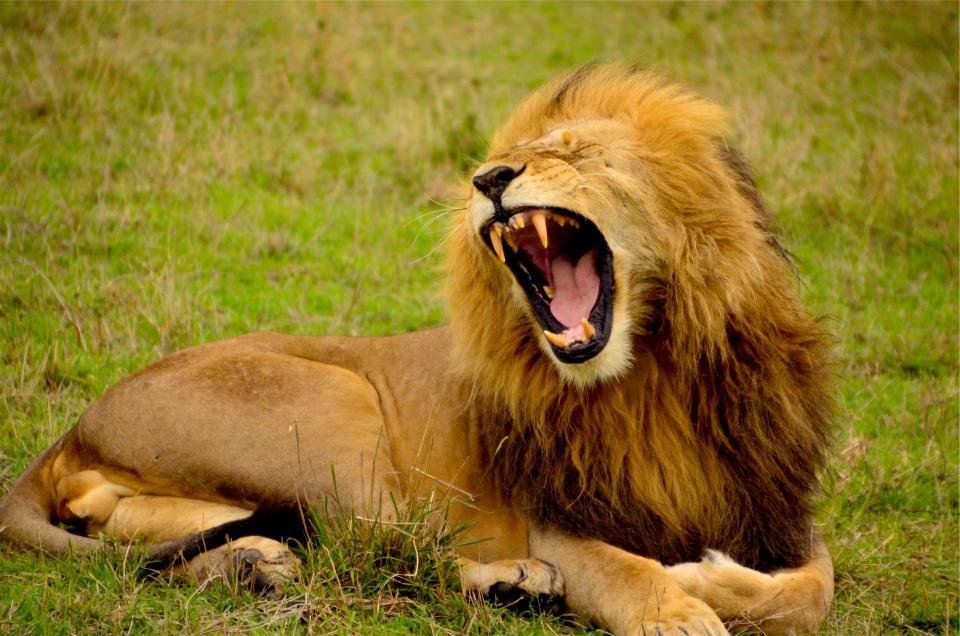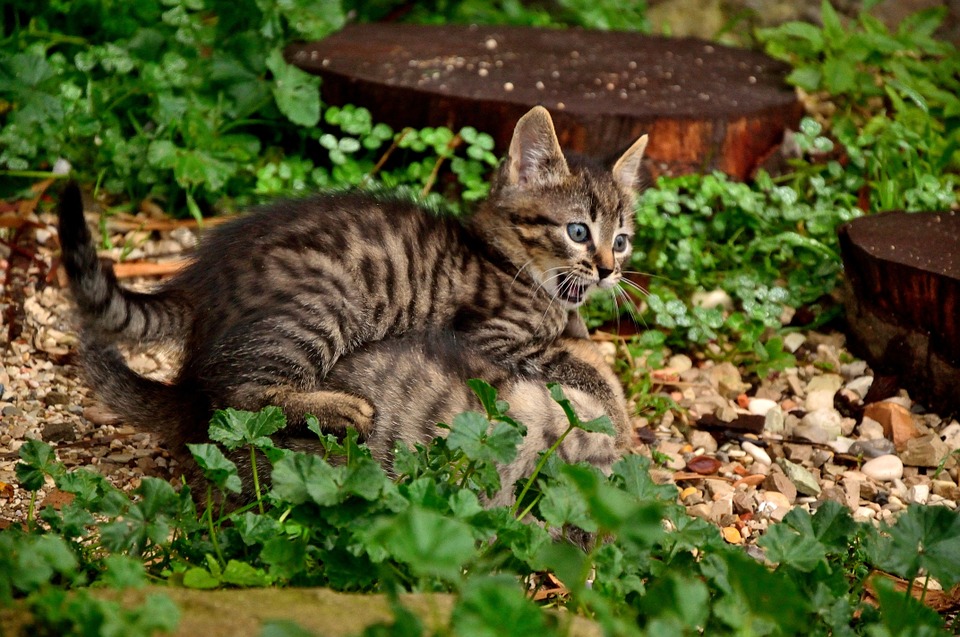This article provides a comprehensive guide on the safety of peppermint oil for cats, drawing on veterinary expertise. We'll delve into the potential benefits and risks associated with peppermint oil, along with practical guidance on safe use and suitable alternatives. By understanding the nuances surrounding this essential oil, cat owners can make informed decisions that prioritize their feline companions' well-being.
Part 1: Understanding Peppermint Oil

1.1. The Composition and Properties of Peppermint Oil
Peppermint oil is extracted from the leaves of the peppermint plant (Mentha piperita). It's renowned for its distinctive, refreshing aroma and a range of therapeutic properties. Key components of peppermint oil include:
- Menthol: This compound is responsible for peppermint oil's cooling and analgesic effects, often used for muscle aches and headaches. It also creates a tingling sensation when applied topically.
- Menthone: Contributes to the oil's characteristic aroma and potential anti-inflammatory properties. It's believed to have a role in reducing swelling and redness.
- Menthyl acetate: Adds to the oil's fragrance and may have calming effects, promoting relaxation and reducing anxiety in some individuals.
1.2. Traditional Uses of Peppermint Oil
Peppermint oil has been used for centuries for various purposes, including:
- Aiding digestion: Its ability to relax muscles in the digestive tract has led to its use for relieving indigestion, bloating, and irritable bowel syndrome.
- Relieving headaches: Topical application of peppermint oil is often used to alleviate tension headaches and migraines.
- Reducing muscle pain: Its analgesic properties are believed to be helpful for reducing muscle pain and stiffness.
- Repelling insects: The strong, fresh scent of peppermint oil acts as a natural insect repellent, deterring mosquitoes, flies, and other pests.
1.3. The Appeal of Peppermint Oil in Pet Care
The popularity of natural and alternative remedies has led to increasing interest in using essential oils like peppermint oil for pets. However, it's crucial to remember that essential oils are concentrated substances and should be used with caution around animals, especially cats.
Part 2: Risks Associated with Peppermint Oil for Cats

2.1. Toxicity and Potential Side Effects
Peppermint oil is generally considered toxic to cats. Ingestion or even topical application can lead to a range of adverse reactions, including:
- Gastrointestinal upset: Vomiting, diarrhoea, and abdominal pain are common symptoms of peppermint oil ingestion, particularly if the oil is not diluted.
- Neurological problems: Peppermint oil can affect the central nervous system, causing tremors, seizures, and disorientation. This is due to its ability to interfere with nerve function.
- Respiratory distress: Inhaling peppermint oil vapours can irritate the respiratory tract, leading to coughing, wheezing, and difficulty breathing. This is especially concerning for cats with pre-existing respiratory conditions.
- Skin irritation: Topical application of peppermint oil can cause skin irritation, redness, and itching, especially in sensitive areas. This is due to the presence of menthol, which can cause a burning sensation.
2.2. Specific Concerns for Cats
Cats possess a highly sensitive sense of smell, making them particularly susceptible to the effects of strong scents, including those from essential oils. Additionally, cats lack the necessary enzymes to metabolise certain compounds in peppermint oil, further increasing their risk of toxicity.
2.3. Case Studies and Veterinary Reports
There have been reported cases of cats experiencing adverse effects from exposure to peppermint oil. These reports highlight the importance of avoiding any direct contact with the oil and consulting a veterinarian for guidance.
Part 3: Safe Use of Peppermint Oil Around Cats

3.1. General Guidelines for Avoiding Risk
To ensure your cat's safety, it is crucial to avoid direct exposure to peppermint oil. This means:
- Never apply peppermint oil directly to your cat's skin or fur: This includes avoiding the use of diluted peppermint oil mixtures for topical application.
- Do not use peppermint oil diffusers or vaporisers in the same room as your cat: The vapours can be irritating and potentially harmful, especially if your cat is sensitive to scents.
- Store peppermint oil out of reach of your cat: Ensure it's kept in a secure location where your cat cannot access it, as accidental ingestion can lead to serious consequences.
- Avoid using cleaning products containing peppermint oil in your cat's environment: This includes cleaning solutions, sprays, and air fresheners.
3.2. Safe Alternatives for Cat-Related Issues
If you are looking for alternatives to peppermint oil for common cat-related problems, consider the following:
- Natural flea and tick repellents: Explore pet-safe essential oils such as lavender or citronella for natural insect control. Always dilute these oils appropriately and consult your veterinarian for specific recommendations.
- Digestive aids: Consult your veterinarian for appropriate digestive remedies if your cat experiences digestive upset. They can prescribe safe and effective medications or recommend dietary changes.
- Relaxation techniques: Consider calming activities like brushing, play, and providing a comfortable resting space. Interactive toys, scratching posts, and catnip can also promote relaxation and reduce stress.
3.3. The Role of Veterinarians
If you have any concerns about the use of any essential oils, including peppermint oil, around your cat, consult your veterinarian. They can provide personalized advice based on your cat's individual health and any pre-existing conditions.
Part 4: When to Seek Veterinary Assistance
4.1. Recognizing Signs of Peppermint Oil Toxicity
It is essential to recognise the signs of peppermint oil toxicity in your cat. If you suspect your cat has been exposed to peppermint oil, seek immediate veterinary attention. Common signs of toxicity include:
- Vomiting: This is often the first sign of ingestion, and can be accompanied by diarrhoea.
- Lethargy: Your cat may appear tired and less active than usual.
- Tremors: Shaking or trembling in the body, indicating nervous system involvement.
- Seizures: Episodes of uncontrolled muscle spasms or convulsions.
- Difficulty breathing: Wheezing, coughing, or labored breathing can be signs of respiratory irritation.
- Excessive salivation: Drooling or foaming at the mouth could indicate irritation or a reaction to the oil.
- Loss of coordination: Difficulty walking or stumbling, suggesting neurological impairment.
4.2. Importance of Prompt Veterinary Care
Prompt veterinary care is critical in cases of suspected peppermint oil toxicity. Early intervention can improve your cat's chances of recovery. The veterinarian can assess the severity of the situation, administer appropriate supportive care, and potentially administer antidotes if necessary.
Part 5: FAQs
5.1. Can I use peppermint oil to deter fleas on my cat?
No, peppermint oil is toxic to cats and should never be used directly on them. If you are seeking a natural flea deterrent, consult your veterinarian for safe alternatives. There are several pet-safe essential oils and flea treatments available.
5.2. Is peppermint oil safe to use in a diffuser with my cat in the room?
No, diffusing peppermint oil in the same room as your cat is not safe. The strong scent can irritate their respiratory system and cause potential health problems, especially for cats with respiratory sensitivity.
5.3. My cat accidentally licked a bit of peppermint oil. What should I do?
If your cat has ingested peppermint oil, contact your veterinarian immediately. They will be able to assess the situation and provide appropriate guidance. Depending on the amount ingested, they may recommend inducing vomiting or other supportive measures.
5.4. Is it safe to use peppermint oil in my cat's litter box?
No, using peppermint oil in your cat's litter box can be harmful to your cat. The scent may deter them from using the litter box and could cause respiratory irritation. If your cat is having issues with using the litter box, consult your veterinarian to rule out any underlying medical conditions.
5.5. What are some safe alternatives to peppermint oil for calming my cat?
There are many safe alternatives to peppermint oil for calming your cat. You can try lavender oil (in diluted form), chamomile tea, or catnip. Remember to consult your veterinarian before introducing any new substances to your cat's environment.
5.6. What should I do if I find my cat chewing on a peppermint oil-infused product?
Immediately remove the product from your cat's reach and contact your veterinarian. They will advise you on the appropriate course of action based on the severity of the situation. It's important to act quickly and seek professional guidance.
5.7. How can I keep my cat safe around essential oils?
Keep all essential oils out of reach of your cat. If you choose to use essential oils in your home, use them in a well-ventilated area and avoid diffusing them when your cat is present. Always consult your veterinarian before using any essential oils around your cat.
5.8. What is the best way to manage fleas on my cat?
The best way to manage fleas on your cat is to consult your veterinarian. They can recommend the safest and most effective flea treatments, which may include topical medications, oral medications, or flea collars. Regular grooming, vacuuming, and washing bedding can also help control fleas.
Everyone is watching
-

Are Cat Ribs Flexible? Understanding Their Anatomy
CATS & KITTENSThis article delves into the fascinating world of feline anatomy, exploring the flexibility of cat ribs and ho...
-

Can Cats Eat Bananas? (Everything You Need to Know)
CATS & KITTENSThis article dives into the intriguing question of whether cats can safely enjoy the sweet, yellow fruit, bana...
-

Cat Lifespan: How Long Do Cats Live?
CATS & KITTENSThis comprehensive guide explores the factors influencing the lifespan of our feline companions, providing ins...
-

Can Cats Get COVID-19? What You Need to Know
CATS & KITTENSThis article will delve into the fascinating world of feline COVID-19 susceptibility. We'll explore whether ca...
-

Can Cats Eat Eggs? A Complete Guide to Egg Safety for Your Feline Friend
CATS & KITTENSWhen it comes to treating our furry companions, we all want to ensure we're doing what's best for them. Eggs...
